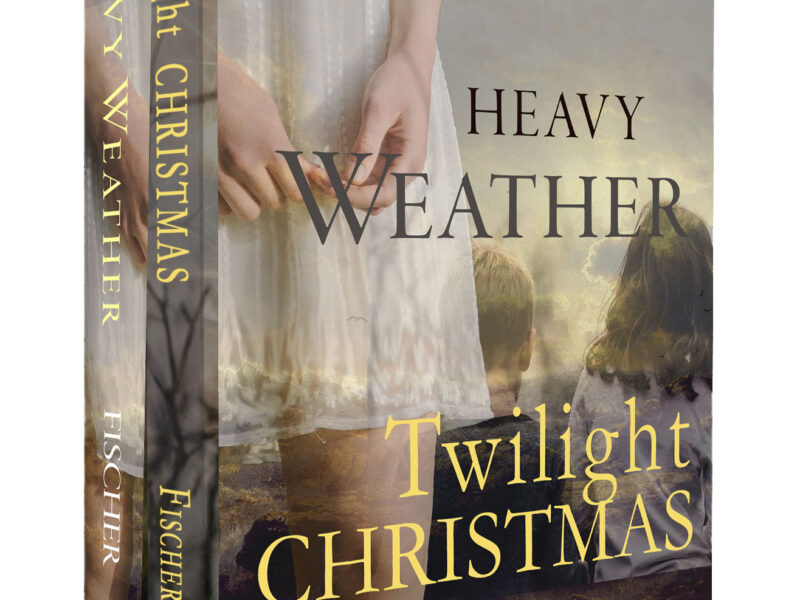I’ve been an editor for over thirty years, and some things drive me crazy. This may not interest you at all. That’s fine, but today my skin crawls from the sound of fingernails raking across the chalkboard.
I wish some of the copy editors out there in publishing land would stop imagining that adverbs are a writer’s enemy, the newest dirty word that must be excised at all costs. Why do they assume one should shuffle along with an adjective stuck in the wrong place, pretending to be something it isn’t? (Too many instances of the emperor’s new clothes, and tailors will go out of business.) I know that’s how some folks speak, but how will anyone learn if we don’t at least clean up our writing?
I read voraciously and eclectically. Today, the day of the fingernails and squeals, I’m reading an action novel written by a fellow who knows how to tell a good yarn. It a great bad-guys-versus-good-guys tale that’s so much fun, I can’t get mad at the author for his grammatical gaffes. But his copy editor? His proof reader? Please, tell me they know the difference.
“…I need to do it quick.” And, “He walks slow.”
You see what I mean? Ly is a grand suffix. It would fix those words right up, wouldn’t it?
And then there’s: “I’m done.” What? You’re cooked? No, you have finished. “I got done with the turkey.” You were cooked with the turkey? No, you finished roasting/cleaning/cutting/basting the turkey. You didn’t get done with anything. You finished it. Done is the past participle of to do. He does it. He did it. He has done it. I do it. I did it. I have done it. (I will do it. I should do it.)
If you want to use the verb “to do” then use it. “I did it,” not “I’m done.” If you mean you have finished the project, then say so.
Please.
In the last chapter of the book I found a “for him and I.” Now surely editors (if not college-educated authors) know about nominative and objective cases. They must. For him works. But for I? Nope. Not a chance. It’s for me, guys. Please.
Pretty please?
Now that I’ve whined, I’ll wish you a very happy Thanksgiving Day.

LOL…I love you my dear sea frolicking Normandy but I may have to disagree with you under certain circumstances. You have quote marks around several of the offending passages. Where the missing ly words spoken in conversation? If they were, that's perfectly acceptable because most people don't speak proper English and you shouldn't create perfect characters because it's not natural. Also…if the other offending language is the narrators thoughts…as in first person, those are also acceptable. It's a trait of the character.Hope you're having a great holiday weekend 🙂
Bonnie, hey. The quotes exist because I quoted the work, not the words of a character. Obviously, characters can say what they want in whatever vernacular they want. On the other hand, a supposedly educated narrator ought to speak correctly. If I'm reading the narration of a particular character who speaks in the vernacular, fine. I've loved a number of stories told from the point of view of a child or a poor, uneducated person. No problem. But if I'm reading the first-person narration of someone who is college educated and touting himself as brilliant? Nope. Not going to fly for me. It'll make my skin crawl.My prejudices coming to the fore perhaps, but there you are.
Normandie, I completely agree. When I am engrossed in a great book, nothing sets my teeth on edge faster than coming smack dab up against a glaring grammatical error. It interrupts my thought process rather like hitting a brick wall at 70 mph would.Here's another thing that drives me up a wall: crossword puzzles with misspelled words! WHERE are the editors…or are they using spell-check these days?
Let's put in a plug for Eats Shoots and Leaves, shall we? Love that book. Being able to laugh and learn commas — EVERYONE ought to read it, especially those editors — because wouldn't it be a different story if it were Eats, Shoots, and Leaves? (Sorry, I can't figure out how to underline or put italics in here.)Thanks for commenting, Sandy.